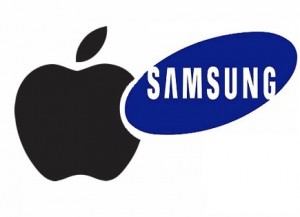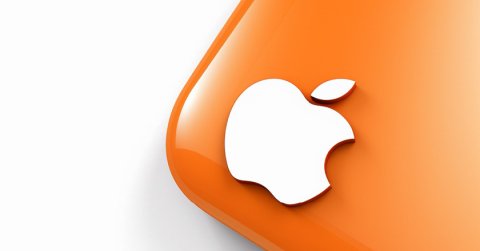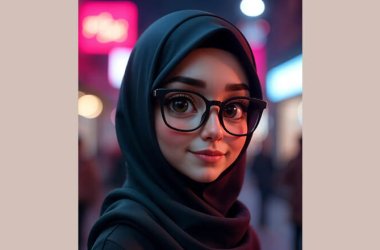 A highly anticipated patent infringement case between Apple and Samsung Electronics will get under way in a California courtroom today after each side spent yesterday agreeing on a 10-person jury.
A highly anticipated patent infringement case between Apple and Samsung Electronics will get under way in a California courtroom today after each side spent yesterday agreeing on a 10-person jury.
Selection of the jury took until just after 4 p.m. PDT (11:09pm GMT) on Monday. The court had previously agreed to let each company spend up to 1.5 hours each presenting their opening statements and for both to present on the same day, so it became obvious around lunchtime that opening arguments would have to wait until Tuesday.
The jury will hear arguments from Apple that Samsung set out to deliberately copy its iPhone and iPad designs in coming up with competing products. Samsung will argue that its products aren’t mere copies of Apple’s devices and that some Apple products infringe on technology patents it holds for certain aspects of 3G wireless.
“If you are ultimately selected as a juror, this will be a very interesting case,” Judge Lucy Koh of the U.S. District Court in San Jose told potential jurors as Monday’s session began.
What she didn’t say, but what became clear during the course of the day, was how interesting and varied the potential jurors were themselves.
There was the retired naval cryptologist with a son who drives race cars, the Iranian-born pizza delivery man whose hobbies include Libertarian politics, the engineer with more than 125 patents to his name, and the woman who runs an accredited pre-school, doesn’t own a cell phone and doesn’t want anything to do with social media.
It was, in short, a typical cross-section of the kind of people it’s easy to find in Northern California.
In the heart of Silicon Valley, it’s also easy to find people with deep links to the high-tech industry, and the potential jurors were no different.
One, an Apple employee, was excused because he admitted he would like to see his employer win in the case, and another said his son worked at Apple — in the legal department, which drew some laughs from the court. He was also excused after he spoke of a long history between family members and Apple and said he felt the company “was bred into my family.”
The questions posed to the potential jurors were intended to uncover any bias they might have regarding the companies or the patent system, which some view as responsible for a recent rise in the number of big-name patent lawsuits. There were other questions that probed at a speciality in any of the areas related to the case or business relationships with Apple, Samsung or Android creator Google and its Motorola Mobility subsidiary.
Going into lunch, Apple said it planned to object to the inclusion of a Google employee who worked on user-interface design, but Koh said she would deny such an appeal.
“He said he would be fair and impartial,” Koh said, noting that despite his job at Google he was a big buyer of Apple products. The designer told the court he owned two iPads, a Galaxy Tab 7, an iPod Touch, a MacBook Air, a Mac Mini and a Mac Pro and used a MacBook Pro at work.
“You’re good for the economy,” Koh said as he finished his list of gadgets.
Asked several times about whether he believed he could fairly judge the case based on the evidence presented and nothing more, he said yes each time.
“His credibility, as far as I am concerned … I believe it,” Koh said.
Several hours later, when it was time to pick the 10 people who would make up the jury from the larger pool, Apple’s lawyers tried again to get him taken off the jury because of his job at Google, but Koh again refused.
The decision meant that Apple had to use one of its jury challenges — an ability to remove a potential juror from the eventual jury without objection from the other party. So the Google programmer did not eventually make it into the jury.





